
Dong quai is also used in women's fertility. Vitex lowers testosterone levels, but dong quai lowers estrogen levels. Since estrogen fuels the growth of endometriosis and certain kinds of blockages in the ovaries, lowering estrogen levels can make it easier for the egg to reach the uterus during ovulation. This familiar Chinese herb has the added benefit of stopping premenstrual headaches, and in women who have reached menopause it is even used to treat Alzheimer's disease (although that application is still experimental in the USA). Typically, women take dong quai in a combination with peony and other Chinese herbs either as a tea or tablet. Some of the best herbal remedies for male infertility are also the least known, although they are available in the USA and Canada over the counter, and with prescription in the UK and the rest of the EU.
When the problem is male infertility due to damage to the testicles, after chemotherapy or because of chemical exposure, sometimes the answer is a Japanese herbal formula known as hochu-ekki-to. This oddly named formula has been used in both Chinese and Japanese herbal medicine for centuries. Laboratory studies have found that it stimulates the production of proteins that enable sperm to "grow their tails" and mature. Sometimes this formula, along with acupuncture, is exactly what is needed to restore a man's fertility. In the US and Canada, the herbal combination is known as hochu-ekki-to (Japanese) and bu zhong yi qi tang (Chinese). Sometimes it is labeled by its two primary herbs, ginseng and astragalus.
- www.nhs.uk/conditions/contraception/natural-family-planning/
- medlineplus.gov/druginfo/natural/1262.html
- Photo courtesy of u5b8cu5168u51e6u65b9u30deu30cbu30e5u30a2u30eb by Wikimedia Commons: commons.wikimedia.org/wiki/File:Hotyuekkitou%E8%A3%9C%E4%B8%AD%E7%9B%8A%E6%B0%97%E6%B9%AFC062513.jpg



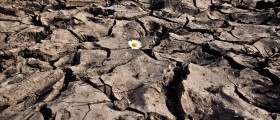
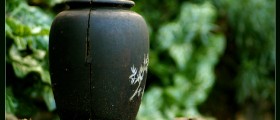
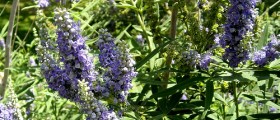
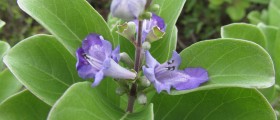

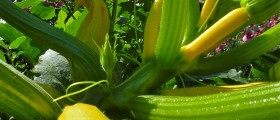


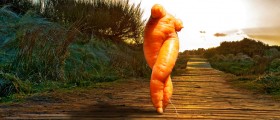
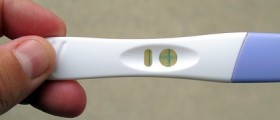


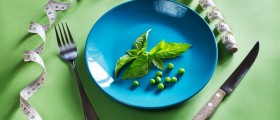
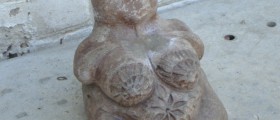
Your thoughts on this
Loading...